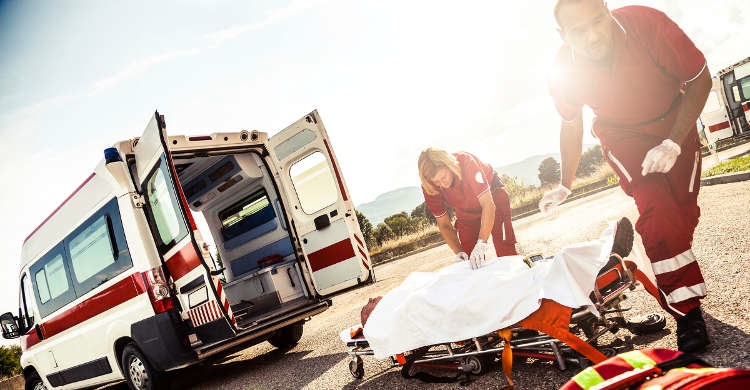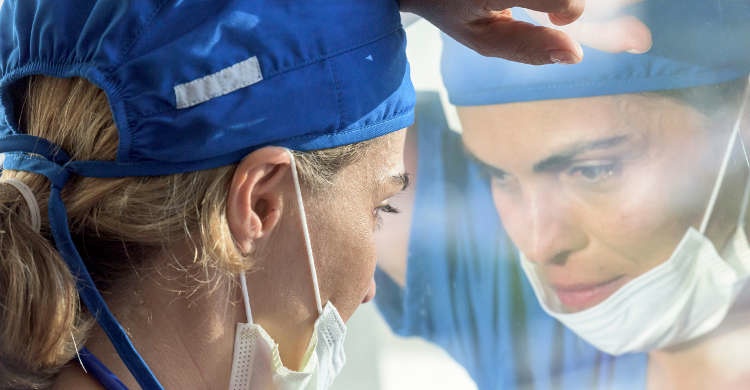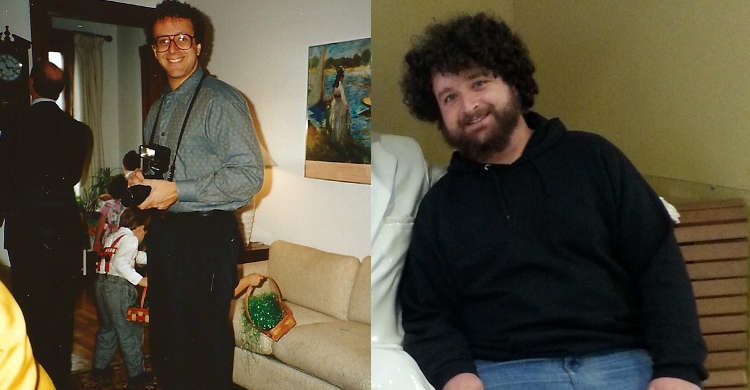When I was 7, my dad told me a riddle.
“A man and his son are driving in their car when they are hit by a tractor-trailer.
The father dies instantly.
The son is badly injured. Paramedics rush him to the hospital.

As he is being wheeled into the operating room, the surgeon takes one look the boy and says:
‘I can’t operate on him. He’s my son.’
How is that possible?!”
Without missing a beat, I answered:
“The doctor is his mom!”

My dad first heard the riddle when he was a child in the ’60s.
Back then, most women didn’t work outside of the home.
Few of those who did had college degrees, much less professional degrees.
Female doctors were few and far between.
Back then, it was a hard riddle. A very hard riddle.
By 1993, when I first heard it, the notion that women could be highly skilled, highly trained professionals wasn’t so absurd.
To me, it was normal.
I knew women who were lawyers. Bankers. Politicians. My own doctor was a woman.
To be sure, women still faced challenges and discrimination in the workplace. And even 20 years later, they still do.
But at its core, the riddle is about how a family can work. And that had changed. Long-overdue progress had rendered the big, sexist assumption that underpinned the whole thing moot.
A very hard riddle was suddenly not a riddle at all.
I never forgot it.
Now, I’m 30 — almost as old as my dad was he first told me that riddle.
I don’t have kids, but I mentor a child through a volunteer program.
Once a week, we get together and hang out for an hour. We play ping pong, do science experiments, and write songs. Neither of us like to go outside.
It’s a good match.
One day, we decided to try to stump each other with riddles.
He rattled off about five or six.
I could only remember one: The one about the man, his son, and the surgeon.

I thought it would be silly to tell it.
I was sure that, if it was easy in 1993, it would be even easier in 2014. Kind of ridiculous, even.
But a part of me was curious.
It had been 21 years — almost as long as it had been between when my dad first heard the riddle and when he shared it with me.
Maybe it wouldn’t be so easy.
Maybe I was missing something obvious, making my own flawed assumptions about how a family could work.
Maybe the world had changed in ways that would be second nature to a 13-year-old but not to me.
So I began:
“A man and his son are driving in their car, when they are hit by a tractor-trailer. The father dies instantly. The son is badly injured and is rushed to the hospital by paramedics. As he is being wheeled into the operating room, the surgeon takes one look at the boy and says:
‘I can’t operate on him. He’s my son.’
How is that possible?!”
Without missing a beat, he answered:
“It’s his other dad.”

Times change. Progress isn’t perfect. But no matter what shape a family takes, at the end of the day, #LoveWins.
Originally written by Eric March and published on Upworthy

